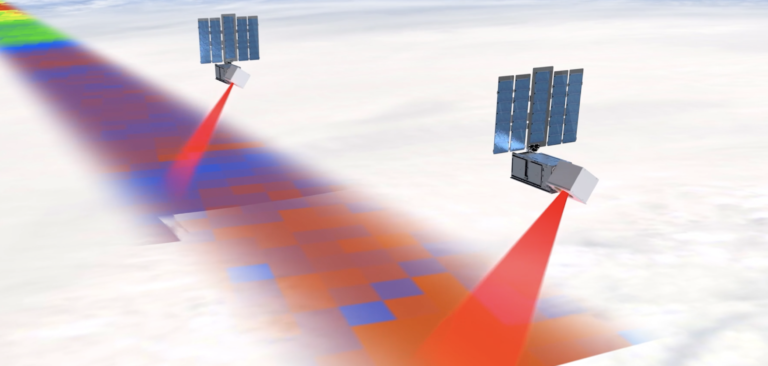NASA has selected Rocket Lab in California to provide the launch service for its Time-Resolved Observations of Precipitation Structure and Storm Intensity with a Constellation of Smallsats (TROPICS) mission.
The TROPICS mission consists of four CubeSats intended for two low-Earth orbital airplanes and is part of NASA’s Earth System Science Pathfinder Program. Rocket Lab will launch the TROPICS satellites into their operational orbits during a 60-day period (first insertion to final insertion). Carried on board Electron rockets, the two launches are set to take place no earlier than May 1, 2023, enabling NASA to provide observations during the 2023 Atlantic hurricane season, which begins June 1.
The TROPICS constellation targets the formation and evolution of tropical cyclones, including hurricanes, and will provide rapidly updating observations of storm intensity, as well as the horizontal and vertical structures of temperature and humidity within the storms and in their surrounding environment. This data will help scientists better understand the processes that affect these high-impact storms, ultimately leading to improved modeling and prediction.
Building on NASA’s previous procurement efforts to foster the development of new launch vehicles for NASA payloads, Venture-class Acquisition of Dedicated and Rideshare (VADR) launch services contracts provide FAA-licensed commercial launch services for payloads that can tolerate higher risk. By using a lower level of mission assurance, and commercial best practices for launching rockets, these highly flexible contracts help broaden access to space through lower launch costs.



